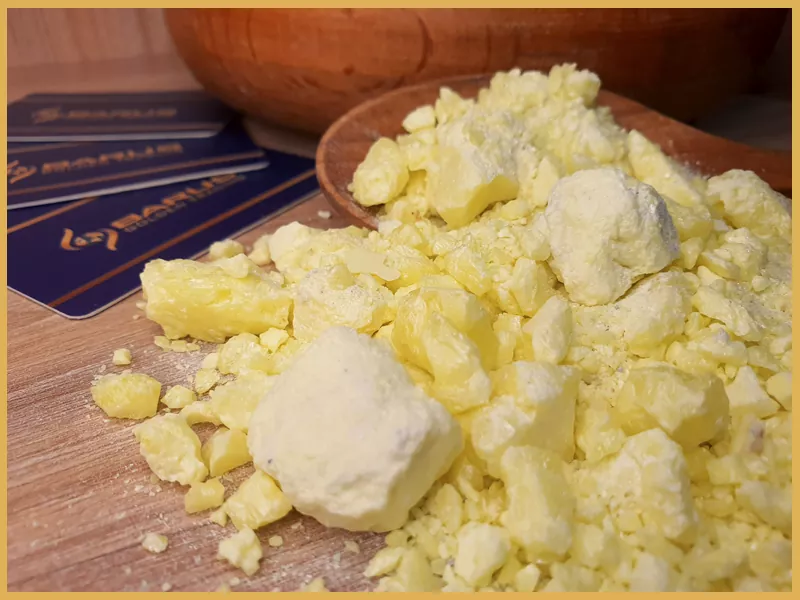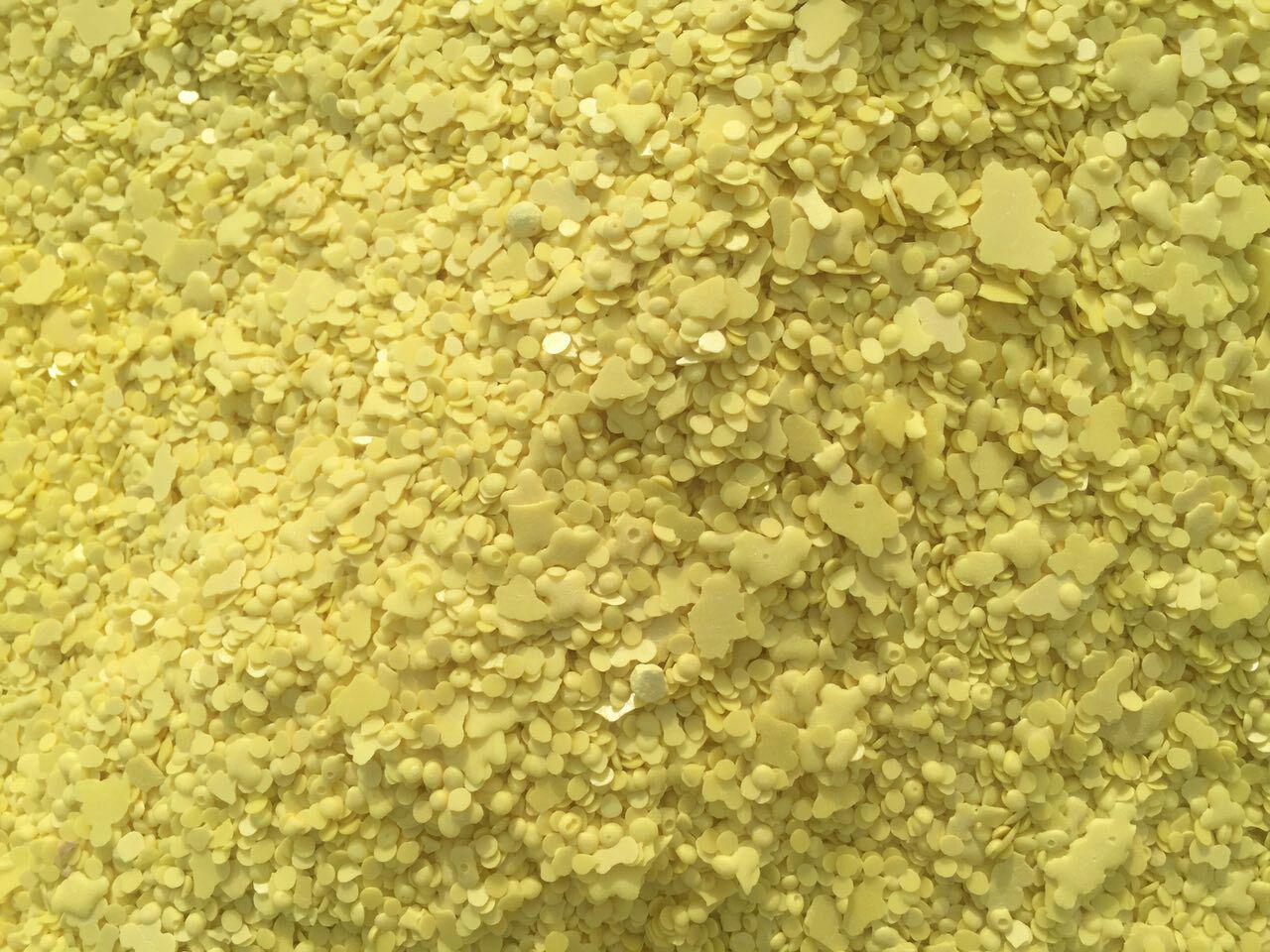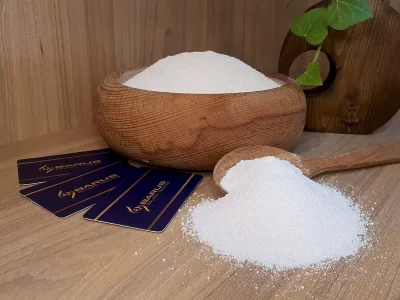Sulfur definition
An essential chemical, sulfur (S) or (sulphur), should never be disregarded. This substance belongs to group 16 of the periodic table. Because it’s considered a byproduct of natural gas production, it’s non-metallic. It’s bright yellow and has an awful odor (like rotten eggs). Humans have consumed this substance for over a thousand years, despite its apparent physical characteristics.

Hot springs and volcanoes are common places to find this substance. Individuals in history use unadulterated elements that are readily available. Even in the Bible, sulfur is referred to as “brimstone.”
Sulfur Properties
Finding it on the ground and in the periodic table is a cinch when it comes to sulfur. It’s the sixteenth most abundant element in the human body, right behind oxygen (O). This substance is yellow in color and is most commonly encountered in crystal form as a mineral. At room temperature, this substance is a nonreactive gas.
Many Uses of Sulfuric Acid
Despite its widespread use today, sulfuric acid was probably unknown until the 16th century. Sulfuric acid is a vital industrial chemical.
Approximately 40 million tons were produced in the United States in 1990, making it the most commonly manufactured chemical. With a vast range of applications, it’s found in practically every produced good. For example, superphosphate of lime and ammonium sulfate are some of the most common fertilizers made with sulfuric acid.

In producing chemicals such as hydrochloric acid, nitric acid, sulfates, synthetic detergents, dye and pigment mixtures, explosives, and pharmaceuticals, it is a common ingredient in the process. It is used to remove contaminants from gasoline and other refinery products during the process of petroleum refining. For example, iron and steel are pickled (cleaned) using this substance before being plated with tin or zinc.
This substance is used to make rayon. Batteries that use lead-acid electrolytes are ubiquitous in automobiles (acid for this use, containing about 33 percent H2SO4 and with a specific gravity of about 1.25, is often called battery acid).
In general, the following industries could benefit from the use of this substance:
- Fertilizers
- Pharmaceuticals
- Gasoline
- Automobile batteries
- Paper bleaching
- Sugar bleaching
- Water treatment
- Sulfonation agents
- Cellulose fibers
- Steel manufacturing
- Coloring agents
- Amino acid intermediates
- Regeneration of ion exchange resins






